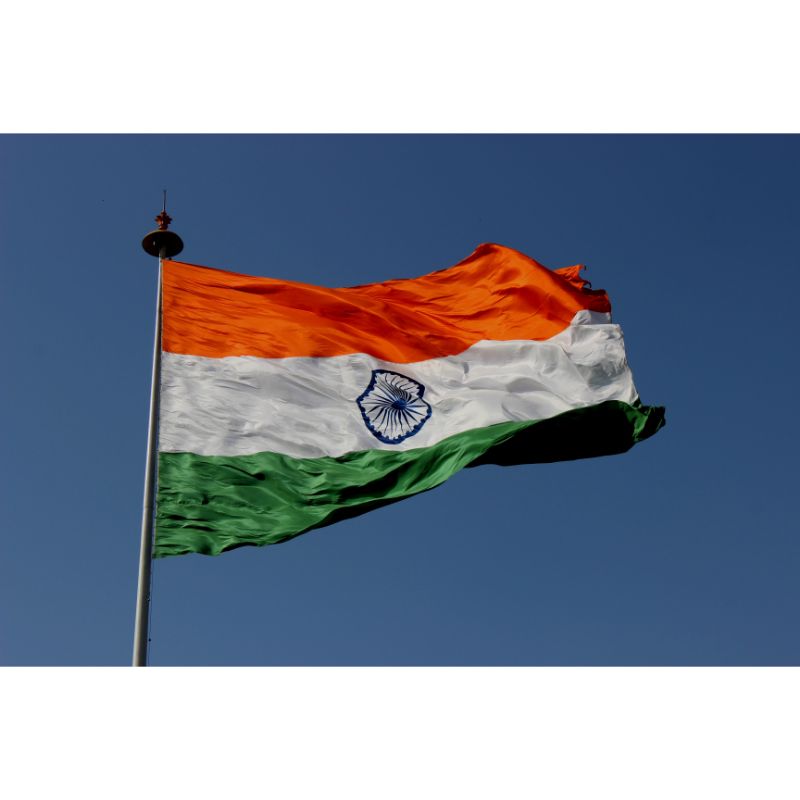Sidebar
Sale Products
Blog Tags
- antique wooden rocking chair, custom wooden rocking chair, Exotic woods and their properties, hand-carved wooden rocking chair, handmade wooden rocking chair, Hardwood vs. softwood, outdoor wooden rocking chair, personalized wooden rocking chair, solid wood rocking chair, Sustainable wood options, The history and uses of different woods., traditional wooden rocking chair, Types of wood for furniture, Wood finishes and treatments, wooden rocking chair, Woodworking techniques and projects
Recent Post
Most Popular
A Brief History of India's Republic Day: From Proclamation to Celebration

ALISHAN ANSARI|
The history of the Republic Day dates back to the late 1940s when India was under British colonial rule. The Indian independence movement, led by Mahatma Gandhi and other leaders, had been gaining momentum for decades, and by the 1940s, the call for independence had grown louder. On August 15th, 1947, India finally achieved its freedom from British rule, and the country was declared a sovereign nation.
However, the newly independent India did not have a proper constitution or a governing document in place. A Constituent Assembly was formed, comprising of representatives from all over the country, to draft a constitution for the newly independent nation. The drafting process was a long and tedious one, and it took the Constituent Assembly almost three years to finalize the Constitution.
The final draft of the Constitution was adopted on November 26th, 1949, and it came into effect on January 26th, 1950. This day was declared as the Republic Day of India, and it has been celebrated as a national holiday ever since.
The Republic Day celebrations begin with a grand parade that takes place in the national capital, New Delhi. The President of India, who is also the chief guest of the event, unfurls the national flag and gives a speech, highlighting the achievements of the country in the past year and laying out the government's vision for the future. The parade also features a display of the country's cultural diversity, with performances by various artists from different states.
The day is also marked by patriotic fervor, with people hoisting the national flag and singing patriotic songs. Schools and colleges also hold special assemblies and cultural programs to mark the occasion.
In conclusion, the Republic Day is an important day in the history of India, as it marks the birth of the Indian Republic and the adoption of the Constitution. It is a day of national pride, unity, and celebration, and is an opportunity for Indians to come together and reflect on the country's progress and achievements.































